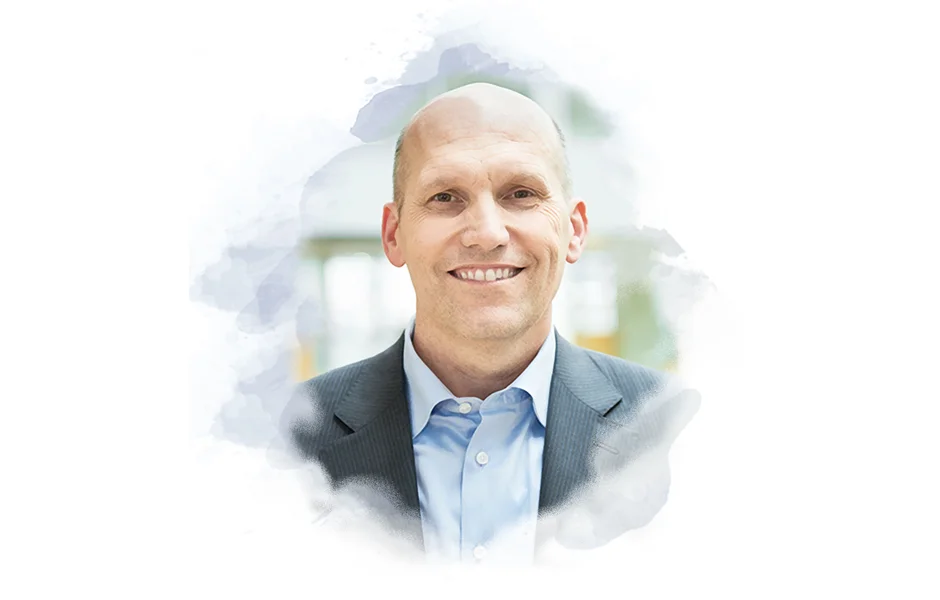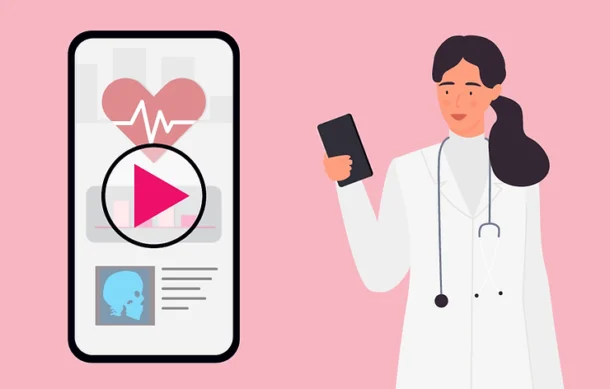Bill Sibold, Executive Vice President and Global Head, Speciality Care, Sanofi Genzyme, shares his tips on reducing time to market for pharmaceutical drugs, public perceptions of the industry after COVID-19 and more
Words by GOLD
Bill Sibold is the Executive Vice President and Global Head, Speciality Care, Sanofi Genzyme. GOLD spoke to him about his passion for the pharmaceutical industry, the changing face of pharma, and what approach is needed to increase the scope and pace of medicine in the future
When you were a student studying molecular biophysics and biochemistry, what excited you about the medical landscape and what impact did you hope to have on it?
I studied molecular biophysics and biochemistry as part of a pre-med focus. I loved the idea of having an impact on people and treating people, but after long consideration and discussions with friends who said if you’re not 100% convinced to go to medical school, don’t do it – I wasn’t 100% convinced. But I still had this interest in medicine, science, and business, so the pharmaceutical industry was a perfect fit.
Now, I am coming up to my 30th anniversary in the industry and, for me, it has been a great way to help more people than I ever could have as an individual physician. Our industry can save and transform lives on a global scale; that is what attracted me to it and that is what has kept me in it.
This pandemic has been an accelerator: a so-called shock to the system
The pharmaceutical industry was thrust onto the global stage by COVID-19. How has its work over the past year impacted public perceptions of the industry?
When I started in the industry, Merck was in the middle of its seven-year run of being the most admired company in the world. The industry was in absolute high regard. Over the years it has lost that high regard, which has been personally quite devastating because I know the good that the industry does. I say that at every talk that I give, whether it’s internal or external, because it is something that isn’t said enough, and the pandemic has allowed the world to see what the industry can do.
The path out of this global pandemic is through this industry. The impact has been positive, but we are still at a sensitive moment. However, from our work over the past year, I believe we are on a path of being recognised as the noble industry that we are. I believe we can get there. I have neighbours saying thank you for what has been done with the vaccine effort; more and more people are starting to acknowledge the good that we do. A shift is taking place, but we have got a lot more work to do to make sure it is ingrained in the public’s thinking.
How could the pharmaceutical business model be set to evolve following successful collaborative efforts in the development of COVID-19 vaccines?
Collaboration has always been critical even within a company. Across the whole value chain of an organisation, from research through to development, commercialisation, and manufacturing, it all must work together. However, in this pandemic, other types of collaboration have come to the centre.
In order to successfully develop treatments and a vaccine for COVID-19, public and private interests have had to come together across the entire healthcare system. This pandemic has been an accelerator; a so-called shock to the system, and if there is one positive that has come out of this past year, it is that it has accelerated the pace at which we work and how we think about working across the industry. If we can continue this type of collaboration going forward and apply it to the problems of today or the problems of tomorrow, I think we will be able to move even faster and better in the future
Following the expedition of approvals last year, how can the pharmaceutical industry work alongside regulators to reduce average time to market for all drugs going forward?
The collaborative nature of the regulators during the vaccine development and approval process has been really something to see, and I believe this will, ultimately, change the way we work overall. They want to help and they are changing their ways of working.
The potential consistent adoption of cloud-based submissions and real-time reviews is one example, and modernising quality and manufacturing inspections and audits is another. With cloud-based submissions, if we can find a way to expedite, remove the paper, and have a common platform that can be used across geographies and stakeholders, it will allow us to achieve a new global standard.
When it comes to quality and manufacturing, a challenge during the pandemic has been moving site inspections and audits to become remote. This is something that would be extremely helpful: real-time Chemistry and Manufacturing Controls reviews and having more mutual recognition between the various agencies. If we can agree on a standard by which these things can be done, done quickly, and shared – that is going to expedite the approval and availability of products
How can the industry tackle the magnitude of health inequities unearthed by COVID-19 and what is your vision for how they can be prevented in the future?
That is a great and complicated question. We had a perfect storm with the pandemic, and it has greater highlighted the health inequities that have always existed. In my opinion, we must address the fundamentals of systemic racism that are pervasive through local, national, and global institutions. We have had a big focus on social determinants of health at Sanofi Genzyme, whether it is through our work in clinical research trials or our corporate social responsibility programmes.
As an industry, we can and should get involved, not just during a pandemic. We have to, as a society, take this head on and look at the inputs that are creating the outputs. When thinking about COVID-19, the black and brown communities [in the US] have been more heavily affected, but they are on the same schedule to receive vaccines as other communities that are not as heavily affected. You are only going to be as successful as your least successful effort. It is important to recognise that none of us will be successful unless we have worked to solve the problem for the whole.
If you were sent to a job fair on the behalf of the pharmaceutical industry, what would be your elevator pitch to a young scientist considering joining the field?
You have an opportunity to change, transform, and potentially save lives of people around the world if you join this industry. There is no other industry and no other job in the world that allows you to do that on the same scale. So, if you want to make a difference in the world, there is no better place than right here.






